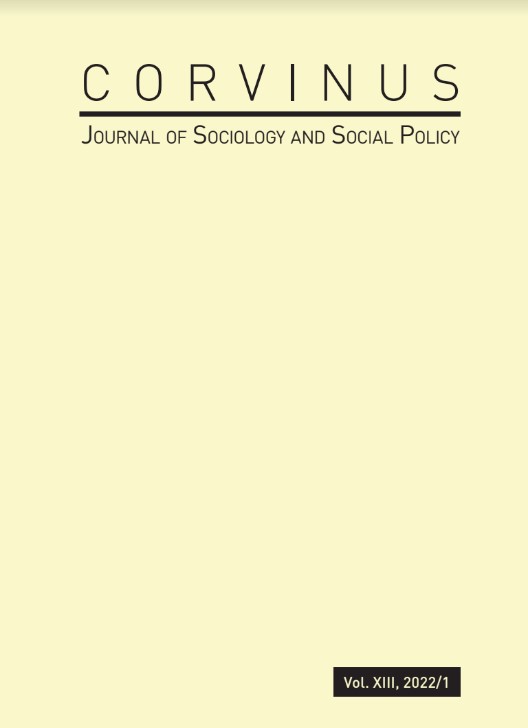Effects of Son Preference and Sociodemographic Determinants on Parity Progression in Bangladesh
Effects of Son Preference and Sociodemographic Determinants on Parity Progression in Bangladesh
Author(s): Mohammad Emdad HossainSubject(s): Gender Studies, Family and social welfare
Published by: Budapesti Corvinus Egyetem Szociológia Doktori Iskola
Keywords: son preference; socioeconomic factors; demographic factors; fertility; parity progression
Summary/Abstract: This study aims to determine whether son preference exists in Bangladesh and to identify different sociodemographic factors that affected women's movement from one parity to another parity. The analysis was carried out on 17006 women selected from the Bangladesh Demographic and Health survey of 2017-18 who at the time of interview met the criteria of being married and had at least one living child. The probability of women's movement from one parity to another was assessed using the binary logistic regression method. The effect of variables such as the education of women and their partner education, work status of woman, partner profession, age at first marriage, place of residence, religion, access to mass media, wealth index, and the administrative division was played important determinants of parity progression of women. The study found that parity movement is also associated with the number of living sons. At parity 2 and parity 3, women with no sons were more likely to move to the next parity than those with at least one son. Moreover, women who had higher education, living in the urban area, and have access to mass media were found significant factors to decrease the odds of movement from one parity to another. Besides, respondents from Chittagong and Sylhet divisions were more likely to have subsequent birth than other divisions.
Journal: Corvinus Journal of Sociology and Social Policy
- Issue Year: 13/2022
- Issue No: 1
- Page Range: 49-71
- Page Count: 23
- Language: English

